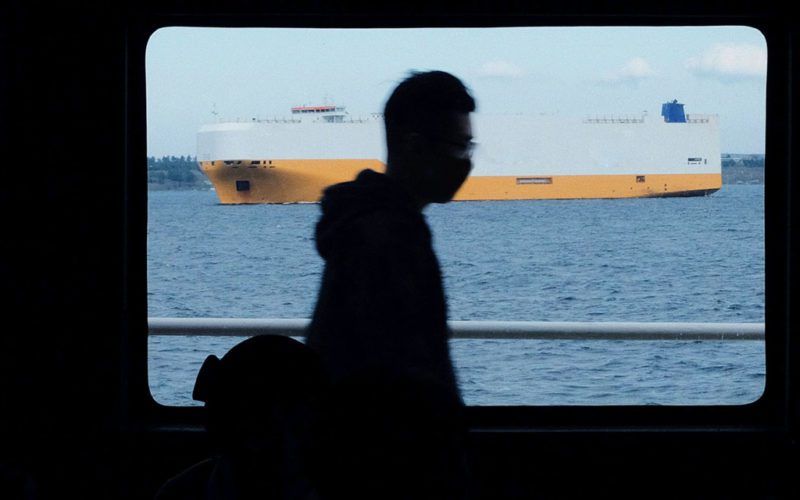Covid-19 cases have fallen sharply in the United States and across much of the world, but the virus continues to threaten the health and well-being of the world’s 1.9 million seafarers.
The International Maritime Organization (IMO) and three other United Nations agencies issued a joint statement on Feb. 28 highlighting what it calls the “ongoing crew change crisis.”
The agencies acknowledge some international mariners have been unable to leave their ships in part because of international protocols aimed at slowing the spread of the virus. Mariners impacted by these protocols often remain on board after their contracts expire, and in some cases beyond the 11-month international limit on continuous service.
“For the same reasons, some seafarers have been unable to join ships to replace stranded crews, leading to a significant loss of income and resulting in hardships for seafarers and their families,” the joint statement said. “This humanitarian crew change crisis has resulted in significant mental strain and fatigue, and consequently increased the risk of accidents, imperiling working conditions in the shipping sector.”
The number of mariners impacted by the crisis has fallen since the early days of the pandemic. But that number remains “considerable,” the statement said. The agencies said more must be done to combat the crisis to prevent harm to crews and global supply chains.
Although Covid-19 cases have fallen sharply since the winter peak, they remain high this spring in Europe and in parts of Asia and Australia. The rise in cases is driven in part by the new BA.2 variant.
The IMO and its partner agencies issued 10 recommendations aimed at addressing the crew change issue. They called for designating mariners as “key workers” and prioritizing them for vaccines. They also called on stakeholders to provide these workers with Covid-19 home tests and personal protective equipment, and to make sure they have access to prompt medical care.
Many international seafarers are from developing countries where Covid-19 vaccines are not as accessible as in the United States. Some mariners also have shown reluctance to get vaccinated, according to the IMO statement.
The lack of uniformity internationally around documents indicating a person’s vaccine status and other Covid-19 information is another hurdle. This can impact mariners and hinder their ability to travel to and from work.
Finally, the statement urges shippers to “undertake concerted collaborative efforts to keep seafarers safe and limit disruption to supply chains, as well as prevent the unchecked spread of emerging (variants), which could prolong the pandemic and its wide-ranging socioeconomic consequences.”
In addition to the IMO, the letter was released by the World Health Organization, International Labor Organization and the United Nations Conference on Trade and Development. •

